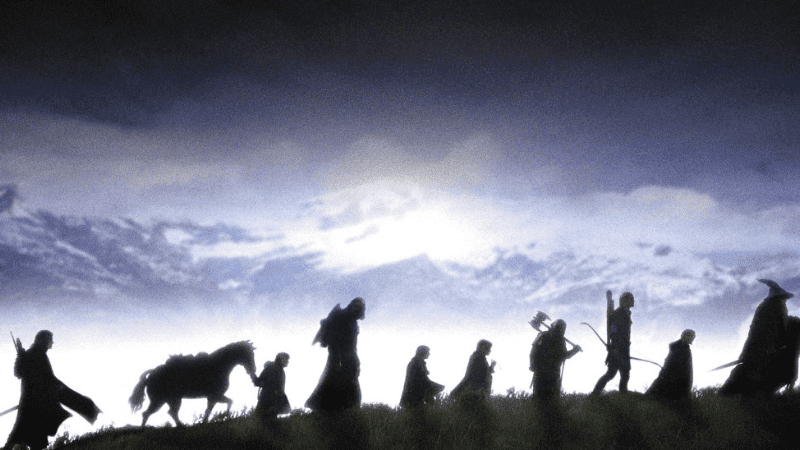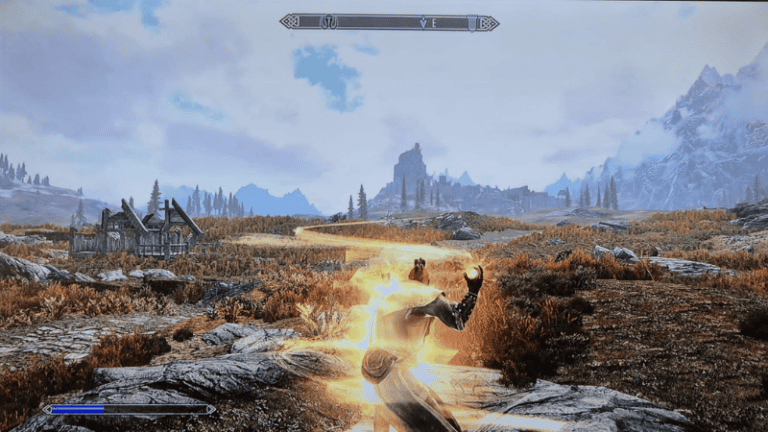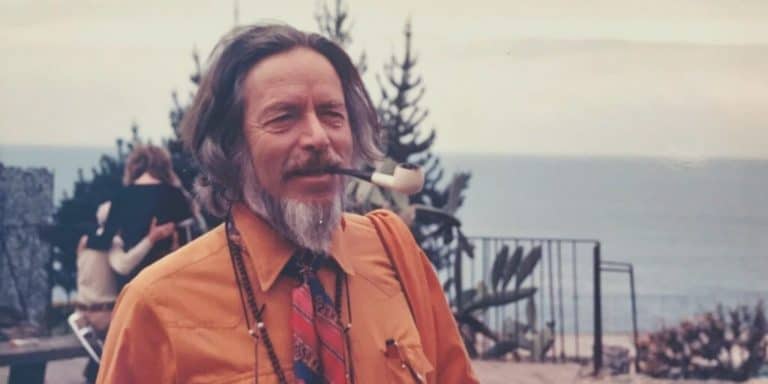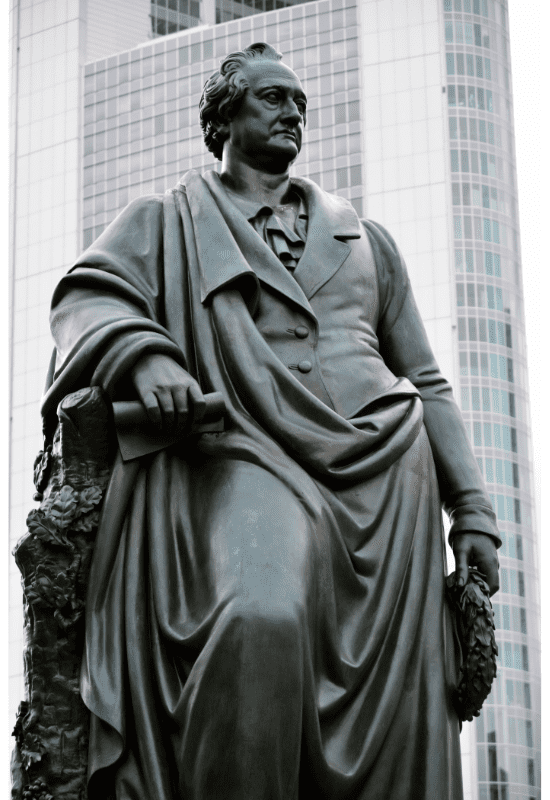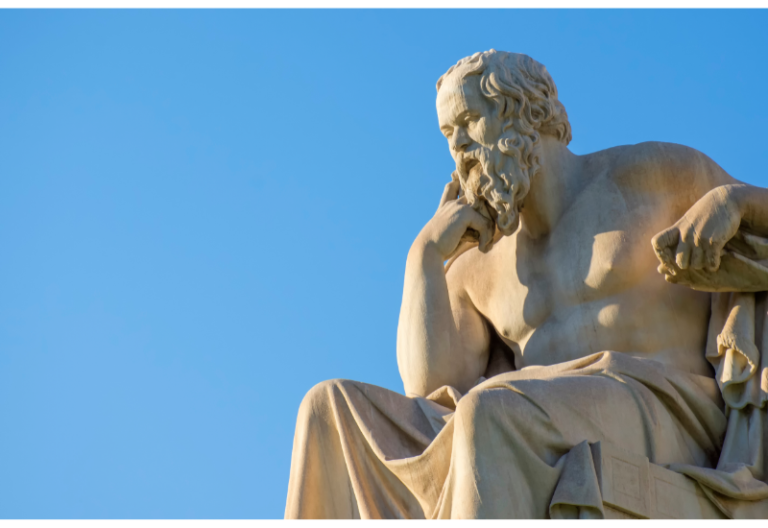Quotes Explained: Lao Tzu About Good Leaders
Often the function of a leader is not properly understood. Instead of really thinking of someone who leads people, people often think and a personality who is in the public eye. According to the ancient Chinese philosopher Lao Tzu, this is completely wrong.
This becomes more than clear in the following quote:
"A leader is at his best when people hardly know he exists. From a good leader who talks little, When his work is done, his goal fulfilled, they will say, 'We did that ourselves."
Lao Tzu
And in fact, the definition of a leader is not that of a person who does everything himself and takes credit for it and presents himself particularly well, but the following (taken from the Duden):
Leader of a group, gang
Duden
You see, in no way are public appearances assumed. A leader is defined simply by leading.
And actually it is here on clear more efficient, if in the silence or even hidden is led. Alan Watts had taken up this topic in one of his lectures. He stated that in a good or healthy organism, the administration takes place without conspicuousness.
As long as the eye sees well, the digestive tract works properly and breathing is not labored, one is not really aware of the corresponding organs. Only when veils cover one's vision, one has problems with food or one does not get enough air, do we notice them.
Watts goes even further into this, noting the following: When we focus on certain bodily functions, they get out of sync. The most common example is probably breathing. As long as we just breathe everything is fine, but as soon as we focus on breathing regularly we will sooner or later get out of sync. Either we breathe too fast, too shallow or too slow.
His suggestion in this thought experiment was to generally use government officials and leaders in secret and keep them secret. That way they can focus all their attention on doing their job. And to do it well.
He pointed out that many leaders who are in the public eye spend a great deal of their time doing some rather trivial thing. I think everyone knows occasions when someone important cuts a colorful ribbon with a big pair of scissors in front of a new building, to name just one of countless examples.
For me personally, this portrayal by Alan Watts left a lasting impression and made me think.
Just like the quote above.
Something else occurred to me that you will probably agree with:
Another important point for a leader is to encourage and instruct people to do the necessary things. It is important that they do it themselves, which implies a certain freedom. If this is not given, people will be dissatisfied - and rightly so. If this is given, they will ultimately have the feeling that they have done things themselves. The way it should be.
Of course, our society has created some positions that (at least most of the time) understandably come with a certain amount of public-facing duties. But far too often, the essential job of good leaders - especially good leaders - is left out.
What do you think?
This kind of view is, by the way, relatively typical of Taoism, I would argue. In countless places, in books like the Dao Te King (you will find in this article the most beginner-friendly books for those interested in Daoism) you will often find something known as the concept of Wu-Wei. Wu-Wei can be roughly translated as "not forcing" and describes a mindset of letting things take their course and not wasting your energy trying to influence things that are difficult or impossible to influence. You will find in this article a detailed description of this topic. I think you have a good idea now how this quote came about and maybe you see it the same way:
A guide is at its best when people barely know it exists.
Did you like this article? You can let us inform you about new articles:

